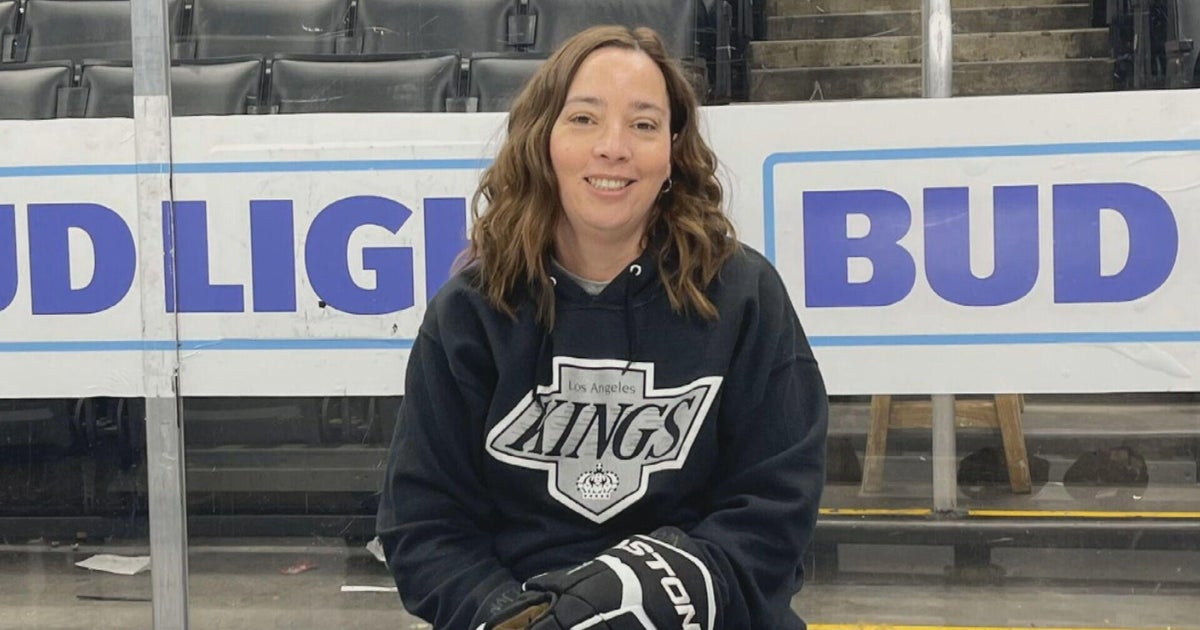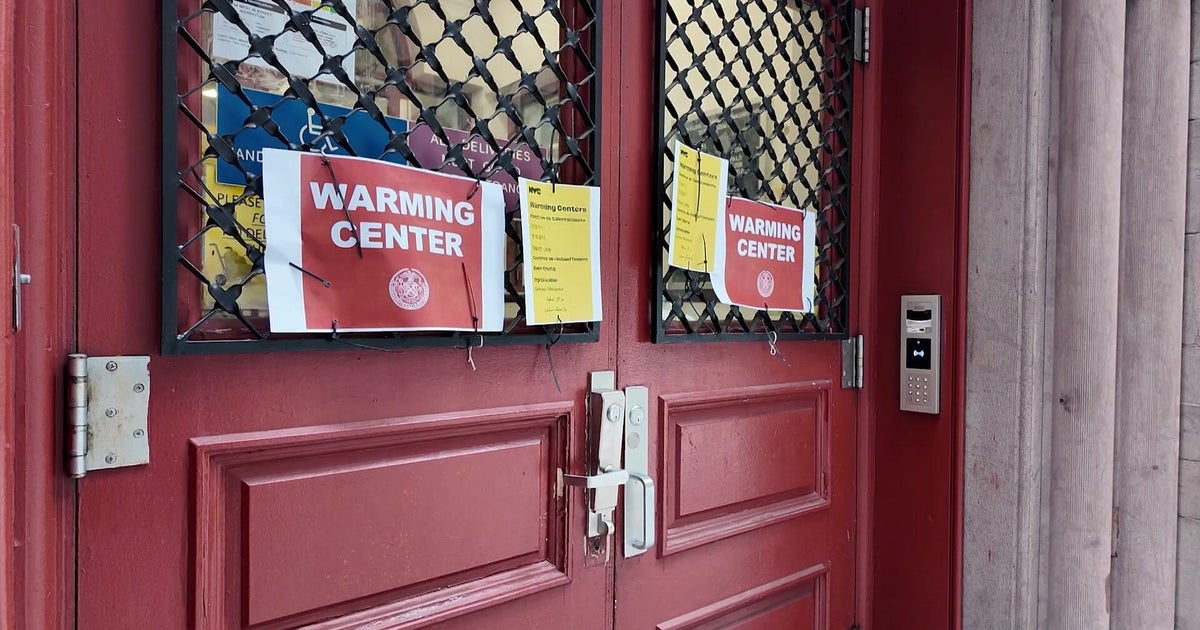Aging Well With Diabetes
The years haven't slowed down Ruth Adelstein, who, at age 80, is close to getting a Ph.D. in English literature. Ruth has had diabetes for eight years, and is very careful about eating well and keeping her blood glucose in a good range. "I don't want trouble," she says. "I haven't got the time." Ruth knows that she has been lucky so far not to have other health issues. Genetics has probably been on her side in staying healthy, but so have her positive attitude and active lifestyle.
Managing diabetes is hard at any age, but for older adults, it can be overwhelming. Older adults often have other health conditions that can make taking care of their diabetes even more difficult. They have different problems and needs than younger people and can greatly benefit from adjusting their treatment plan to take into account these issues.
"We don't treat a 10-year-old the same as we treat a 40-year-old, and we shouldn't treat an 80-year-old the same either," says Dr. Medha Munshi, Director of Joslin Diabetes Center's Geriatric Program, affiliated with Beth Israel Deaconess Medical Center. For example, hypoglycemia- when blood glucose falls too low- is much more dangerous in older adults, particularly those who are frail and use a cane or walker. "Avoiding these episodes, in which dizziness or confusion can lead to falling, can become more important than a long-term goal of reducing the risk of complications."
Dr Munshi's overall goal as a doctor treating adults with diabetes over age 70 is to make sure each person has the best quality of life, and is as safe as possible.
One out of every four people over age 65 has diabetes. While many manage their diabetes well, others may experience diabetes complications such as heart attack or stroke, vision loss, depression, frailty or "cognitive dysfunction" –abnormalities in brain function that affect memory, problem solving and organization.
Cognitive dysfunction is a major reason why older adults start to have difficulty coping and controlling their diabetes, and it often goes undiagnosed, according to a study conducted by Dr. Munshi and Joslin colleagues, reported in Diabetes Care. With diminished ability to problem-solve, plan, organize and focus attention, "someone with even subtle deficits may be trying to follow recommendations, but just can't."
Family members of an older adult with diabetes are usually the first to recognize changes in cognitive function. Any of these signs raise a red flag that a medical screening is needed:
- Blood glucose control that has suddenly gotten worse
- Forgetfulness about monitoring or taking medications; making frequent mistakes
- Sudden difficulty coping, or acting more stressed
- Less social interaction with friends and family; extreme sadness or hopelessness
The older years are a time when diabetes goals may change. "By keeping their unique needs in mind and treating them differently, we can keep older adults healthier and happier longer," Dr. Munshi concludes.
And if another health challenge develops, Ruth says, "Whatever happens, I'll do what I can do to get through it."
Above content provided by the Joslin Diabetes Center in partnership with Beth Israel Deaconess Medical Center.
For advice about your medical care, consult your doctor.
Posted: November 2012







